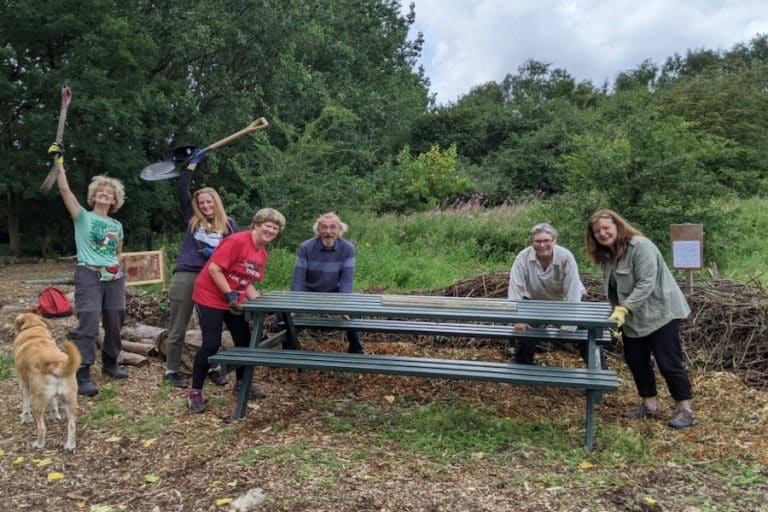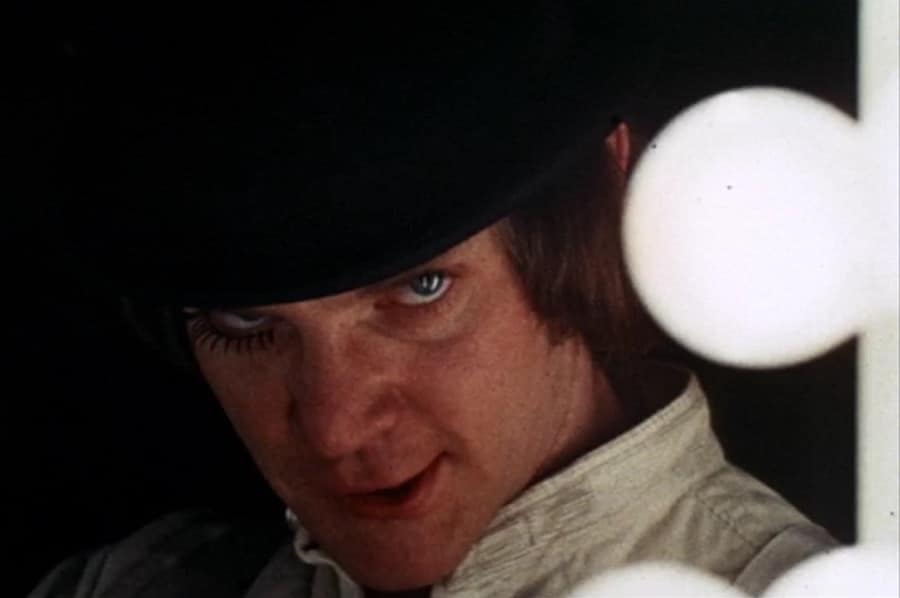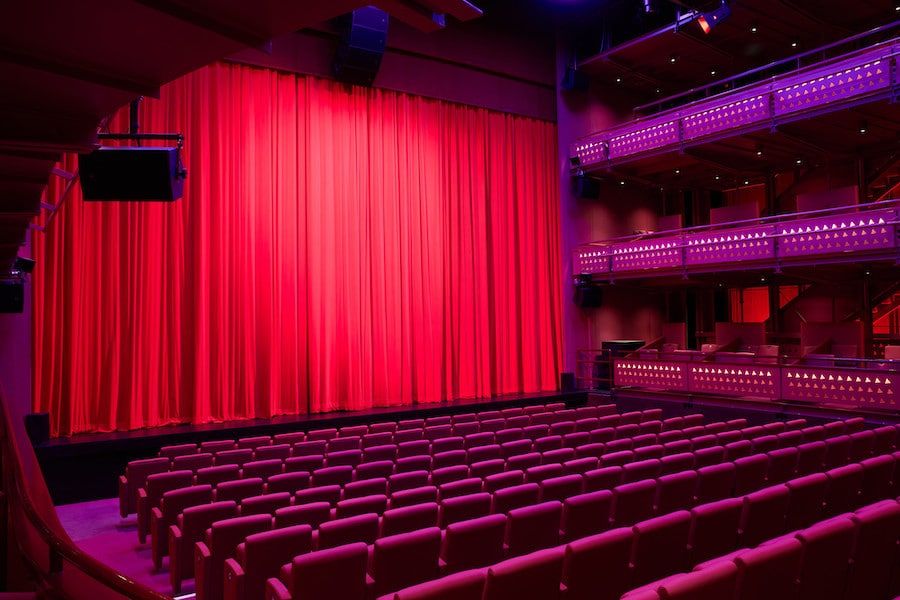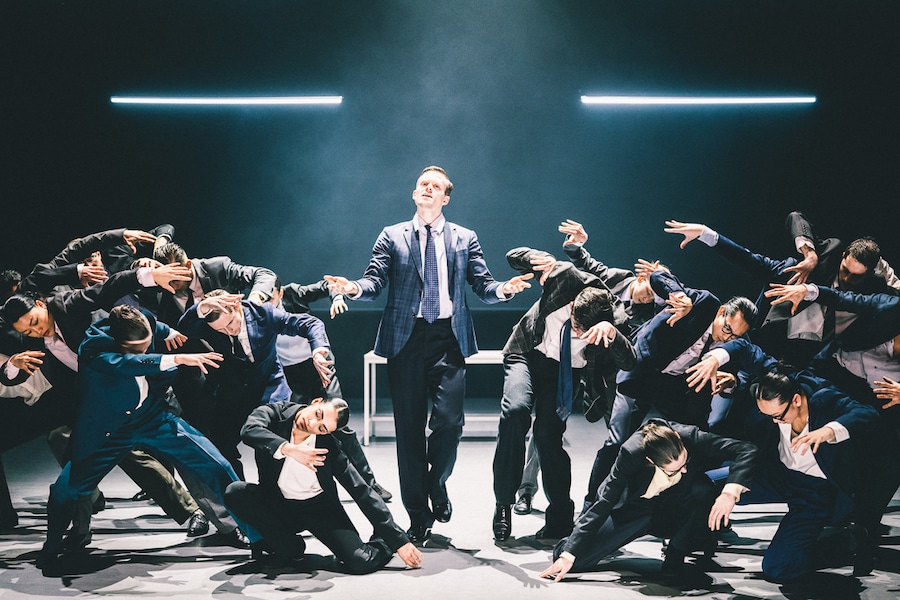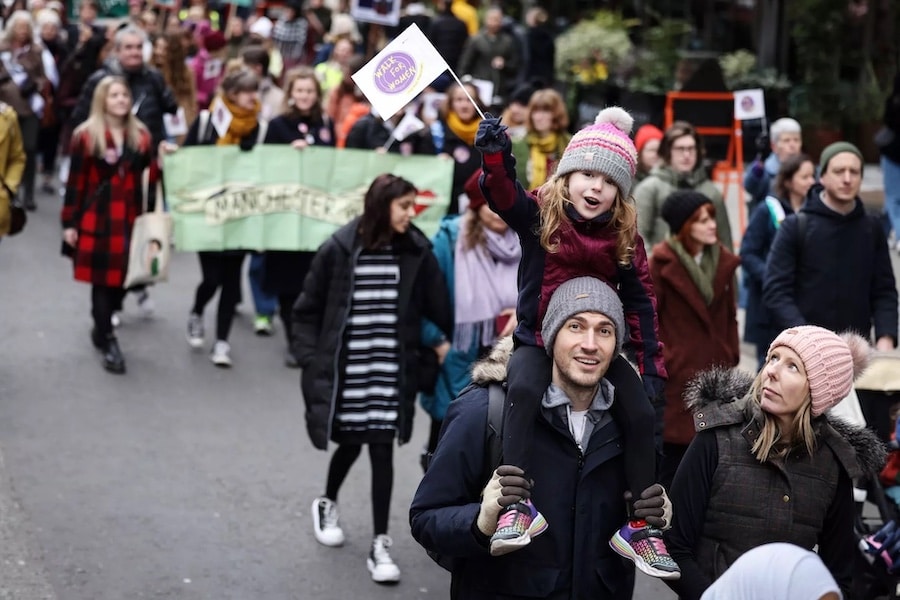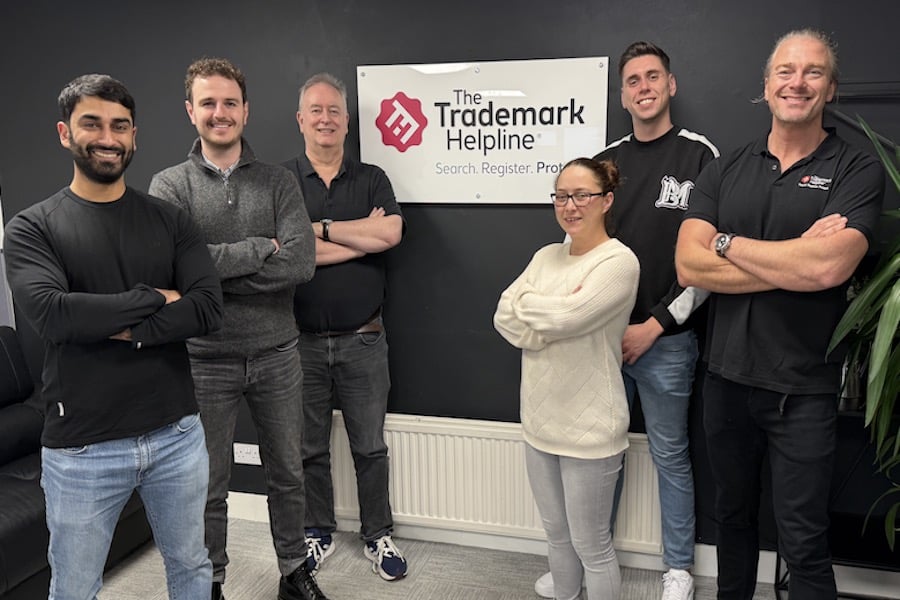Uncovering the depths of Hedda Gabler ahead of Manchester shows
- Written by Glenn Meads
- Last updated 11 months ago
- City of Manchester, Theatre
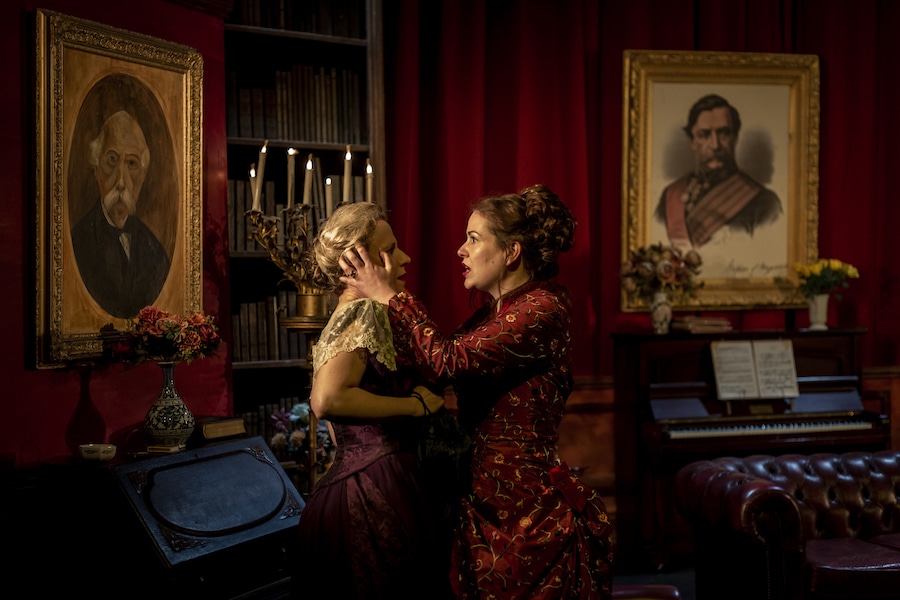
Hedda Gabler is one of those characters who has not been softened to be likeable.
She is newly married and bored with her life and her husband. She is seeking something else.
Artistic director Andrew Whittle has written a brand new version of Henrik Ibsen’s classic play and it is headed to Contact next month.
We caught up with him and actress Alexandra Whitworth to find out more.
What attracted you both to Hedda?
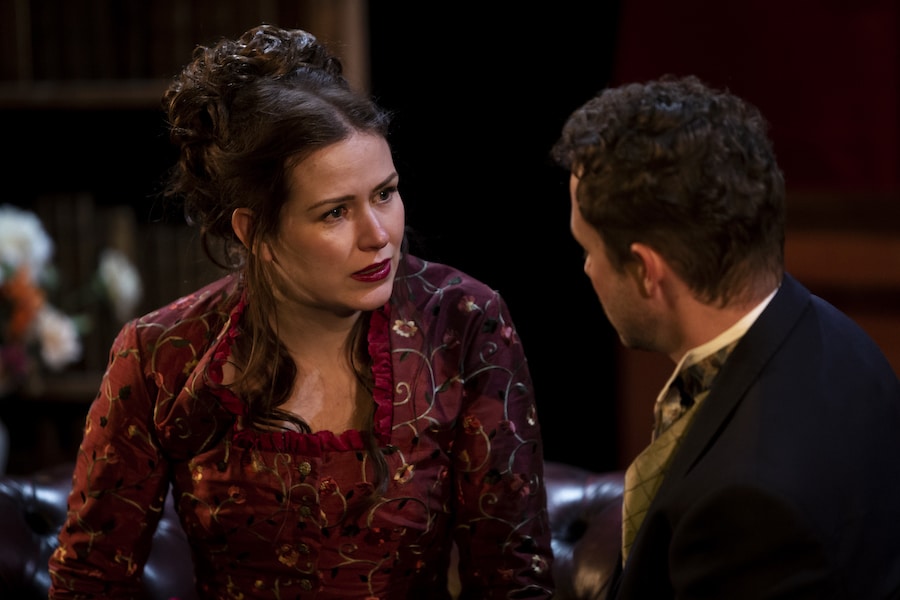
Alexandra: Hedda is often referred to as ‘the female Hamlet’ and therefore is an extremely sought after role. It’s a real test of an actor’s ability so if you get offered the chance to do it it’s not one you turn down.
Andrew: I read four versions of the play and for one reason or another, none quite presented a definitive version that I would want to see on stage.
There were elements of all the versions I read which were exciting or interesting but not consistently all the way through.
I thought I would, therefore, try my hand at writing for the first time with no real expectation that I would either finish it or if it would ever see the light of day.
This is a complex and really interesting character to play because of that. What are you finding out about her during the rehearsal period?
Alexandra: It’s extremely liberating to play a lead female role that isn’t required to be liked by the audience. She isn’t a heroine she’s just a human living and reacting to circumstances she would rather not be in which I think is why she tries so desperately to control and manipulate other people. It’s to compensate for the complete lack of control she feels she has over her own life.
Andrew: What has been interesting for me is that we presented this play last year and at that time I felt very much like the author/adaptor but having not touched it for a year I have become more distanced from the original thoughts that went into the writing and have felt much more like a conventional director this time around so I have been able to focus more on characterisation.
During rehearsals, we have tried to look carefully at what happened in Hedda’s past. How she was brought up by a single parent in army barracks; the lack of friends and relatives; a secretive relationship with a firebrand but alcoholic writer and the precarious position that she was left in on the passing of her father and the need for financial security, and the price she has to pay for that.
When you adapt something like this, is it a case of cutting, tweaking and honing? How do you decide what you are going to keep or add?
Andrew: I have adapted two classic plays now and I have taken a different approach with each. In the other, (The Cherry Orchard), I moved the time period with new material.
With Hedda I have kept it exactly in the same period and the same place. I have focused on language.
I wanted the script in the text to appeal to the modern audience today but also to reflect faithfully what was being said in late 19th century Norway.
The focus was to make the text flow but also give explanations as to certain past events which are not expressed in the original version or indeed any of the adaptations I read.
I find that what works best for me is to dictate the dialogue. At times, I pace about the house as I dictate so that I can try to see what it feels like for an actor to say the words.
Once I see it down in print, it is a case of cutting, tweaking and honing. At odd times of the day whilst doing completely unrelated activities, ideas come to mind and I scribble a note to make yet further changes.
I think the first third of the play must have undergone eight or nine revisions.
What do you feel the production offers people who know the text and newcomers?
Alexandra: I think Andrew has delved a lot more into her previous relationship with Lovborg as plenty of adaptations don’t clearly let the audience know what their previous relationship actually is and I think this really helps to makes Hedda’s actions make a lot more sense.
There’s also plenty of comedic moments which I think is essential when you are doing a play like Hedda as there is a temptation to get too morose. In reality comedy is always found even in incredibly dark moments.
Andrew: If newcomers think they are in for an afternoon or evening of turgid Victorian-type melodrama, I think they will be pleasantly surprised. It is a fast-paced story. As I said, it is over a day and a half. For those that perhaps have seen Hedda Gabler in the past, I hope that they will be drawn into the story and enjoy the humour that emerges.
What is the best thing about touring a play like this one?
Alexandra: That you get the opportunity to really delve into a part and discover things along the way. If you’re touring or performing over a long period of time, in my opinion you can’t churn out the exact same performance night after night as it stops being fresh and truthful which really does read to an audience.
Andrew: This is the first time we have ventured out of our region so to come to Manchester is a really exciting development.
I hope the play will be well supported and that we might be able to come to Manchester again next year.
Why do you think the story of Hedda is one which is adapted, restaged and what do you hope people will get from this version?
Alexandra: Ibsen is often considered to have been ahead of his time due to the fact the he wrote so many well defined and nuanced female leads and although the direct circumstances that Hedda is in are very much of the late Victorian era, being trapped in a marriage she’s unhappy in and essentially never having any autonomy over herself, she has essentially been passed from her father to her husband.
Whilst these direct circumstances are not usual in the western world anymore, the feelings of unhappiness, being trapped and having people around you control you, are universal which I think is why audiences still connect to the play today.
I think it doesn’t matter when a play is set as long as we are seeing truthful, believable and relatable human interaction and emotion.
Andrew: I think it is adapted so often because the Norwegian language as a literal translation is quite difficult. It has some unusual cadences and if you take a literal translation the dialogue can be a little stilted. That detracts from the story, which is one into which you want to draw the audience.
What I hope people will get is that, if they are not familiar with Ibsen at all, that they find that he can tell a good story, and they might want to see other plays that he has written.
I also hope people will want to see more of our work in the future as well!
Hedda is at Contact from 2nd – 6th April and can be booked here
- This article was last updated 11 months ago.
- It was first published on 25 March 2024 and is subject to be updated from time to time. Please refresh or return to see the latest version.
Did we miss something? Let us know: [email protected]
Want to be the first to receive all the latest news stories, what’s on and events from the heart of Manchester? Sign up here.
Manchester is a successful city, but many people suffer. I Love Manchester helps raise awareness and funds to help improve the lives and prospects of people across Greater Manchester – and we can’t do it without your help. So please support us with what you can so we can continue to spread the love. Thank you in advance!
An email you’ll love. Subscribe to our newsletter to get the latest news stories delivered direct to your inbox.
Got a story worth sharing?
What’s the story? We are all ears when it comes to positive news and inspiring stories. You can send story ideas to [email protected]
While we can’t guarantee to publish everything, we will always consider any enquiry or idea that promotes:
- Independent new openings
- Human interest
- Not-for-profit organisations
- Community Interest Companies (CiCs) and projects
- Charities and charitable initiatives
- Affordability and offers saving people over 20%
For anything else, don’t hesitate to get in touch with us about advertorials (from £350+VAT) and advertising opportunities: [email protected]
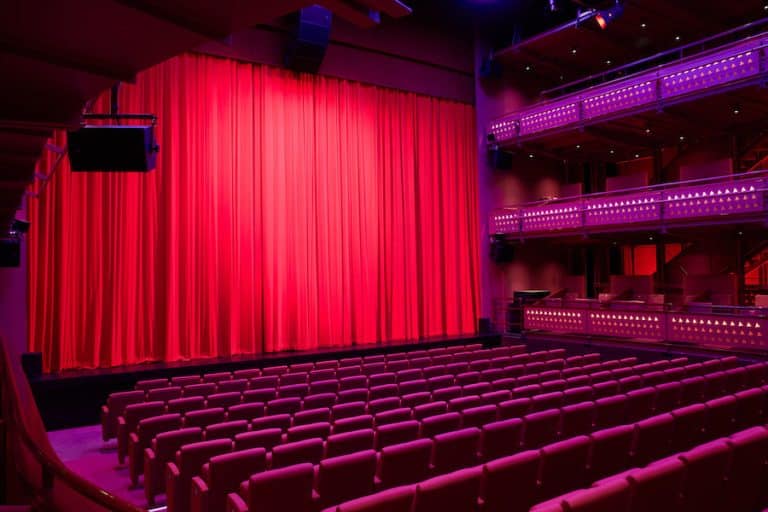
LOWRY’s Quays Theatre gets a plush new look thanks to award
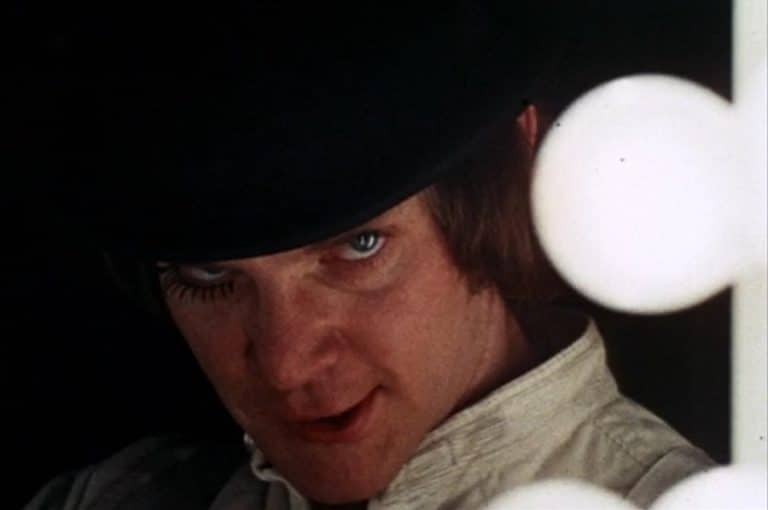
What is the legacy of Manchester’s most controversial (and maybe best) novel?

Big Issue, bigger heart: Manchester comes together for Colin


